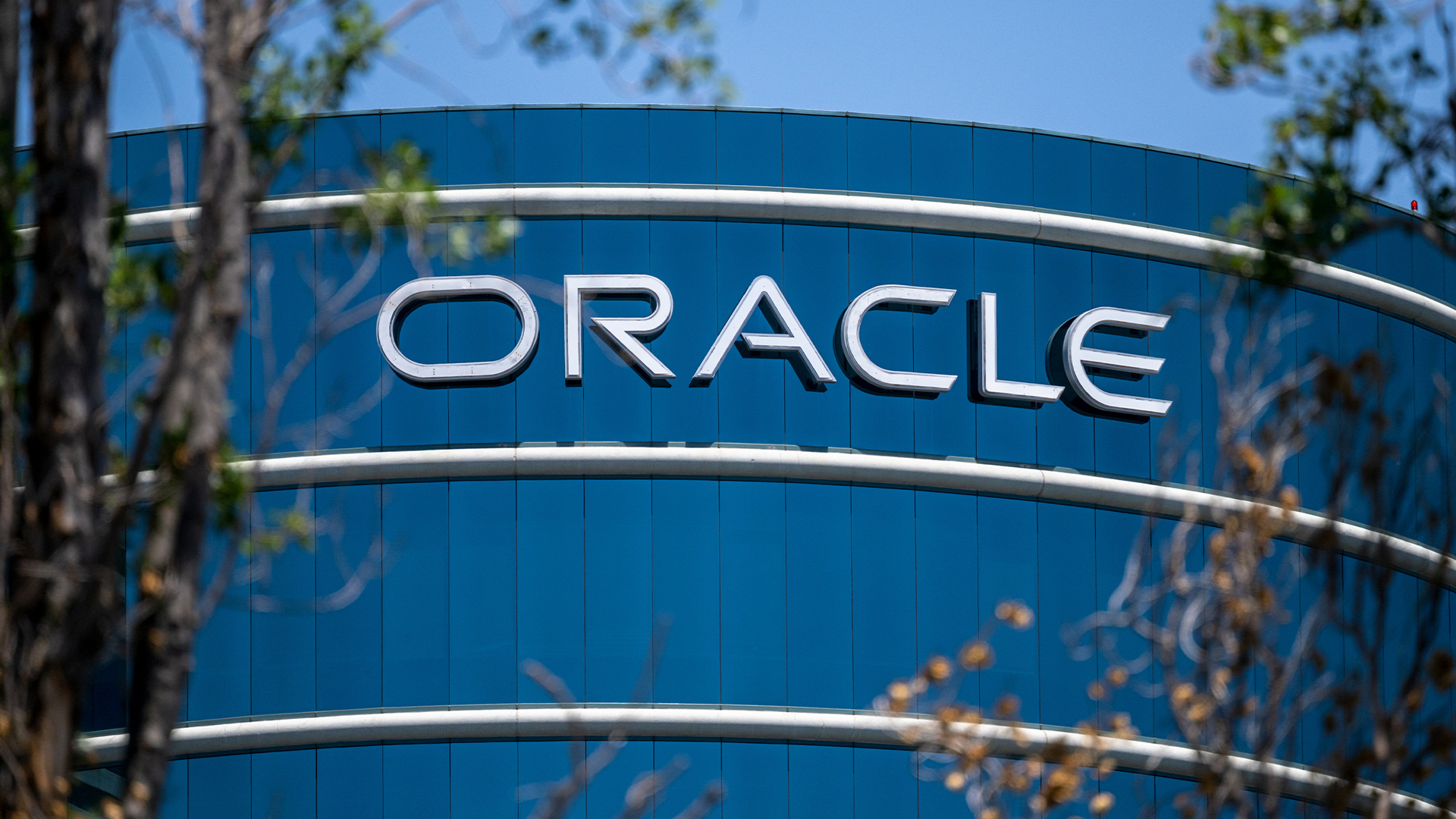Google says all advertisers will now be subject to verification checks
Political ad restrictions will be expanded across the board after a rise in coronavirus-related scams


Sign up today and you will receive a free copy of our Future Focus 2025 report - the leading guidance on AI, cybersecurity and other IT challenges as per 700+ senior executives
You are now subscribed
Your newsletter sign-up was successful
Google has announced that, starting this summer, all advertisers will have to be verified before they are allowed to buy ad space on the search engine’s platform.
The announcement is Google’s latest effort to make their advertising practices more transparent, following the recent surge in online coronavirus scams, which take advantage of users’ fear of contracting the virus by selling fake medical masks. Earlier this week, the NCSC reported that it had taken down 2,000 online scams, of which 471 were from fake online shops.
Director of Product Management, Ads Integrity John Canfield, said that “advertisers will be required to complete a verification program in order to buy ads on our network”.
Google announces critical Chrome flaw, urging immediate updates Google Cloud to join Rolls-Royce coronavirus alliance Cisco and Google Cloud join forces to improve SD-WAN integration Google Launches BeyondCorp Remote Access to lessen the burden on enterprise VPNs Google updates make accessing health care services easier
“Advertisers will need to submit personal identification, business incorporation documents or other information that proves who they are and the country in which they operate. Beginning this summer, users will start to see disclosures that list this information about the advertiser behind the ads they see,” he explained.
Prior to this decision, only political advertisers had to be verified by Google in order to run election ads on their platform. Since introducing the programme in 2018, Google has verified political advertisers in 30 countries.
As part of the new initiative, Google will start verifying advertisers in phases in the United States, before expanding the programme worldwide. The tech giant predicts that the process will take a few years to complete.
“This change will make it easier for people to understand who the advertiser is behind the ads they see from Google and help them make more informed decisions when using our advertising controls,” wrote Canfield. "It will also help support the health of the digital advertising ecosystem by detecting bad actors and limiting their attempts to misrepresent themselves.”
Sign up today and you will receive a free copy of our Future Focus 2025 report - the leading guidance on AI, cybersecurity and other IT challenges as per 700+ senior executives
The news comes after Google issued a warning to users working from home during the lockdown about a rise in the number of coronavirus-based phishing attacks, many of which are being sent as emails.
Having only graduated from City University in 2019, Sabina has already demonstrated her abilities as a keen writer and effective journalist. Currently a content writer for Drapers, Sabina spent a number of years writing for ITPro, specialising in networking and telecommunications, as well as charting the efforts of technology companies to improve their inclusion and diversity strategies, a topic close to her heart.
Sabina has also held a number of editorial roles at Harper's Bazaar, Cube Collective, and HighClouds.
-
 PayPal poaches HP’s Enrique Lores in surprise CEO appointment
PayPal poaches HP’s Enrique Lores in surprise CEO appointmentNews The veteran tech executive will lead the payments giant into its next growth phase amid mounting industry challenges
-
 Oracle targets financial services gains with new agentic AI suite
Oracle targets financial services gains with new agentic AI suiteNews The cloud giant has unveiled a new series of agents for retail banking providers
